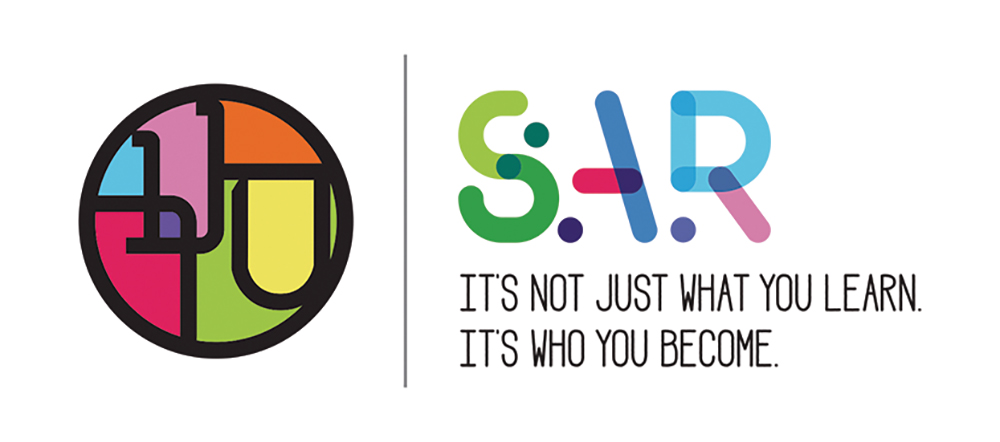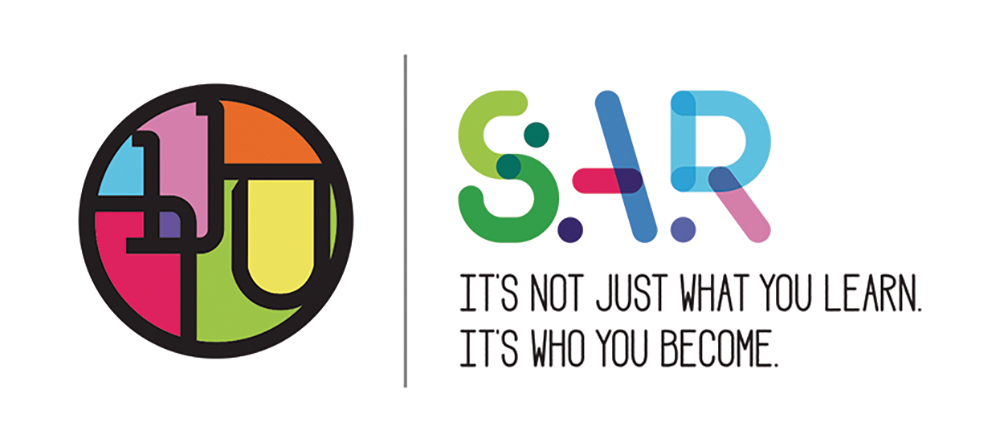
Do we run Freshman Day?
It was hardly the most important question facing the Jewish people on Monday, October 9. After the horrifying news began to reach us in a trickle over Yom Tov, and then washed over us in a flood once Yom Tov was over, we were all reeling. Submerged in shock, anger and fear; bouncing between inability to face the news, desperately seeking more news, and then turning away again in horror—in the midst of all of that, we had to think about running a school.
There were religious questions about the appropriate response in the face of such tragedy. There were programming questions about how we should gather the school to address the attacks. There were logistical questions about schedules to be reworked and emails to be sent.
And above it all hovered a deep philosophical question: To what extent should we depart entirely from the normal course of events, to stop the way a mourner stops from going to work or, indeed, leaving their home? And to what extent should we attempt to maintain our schedule of tefillah, Torah learning and “normal school,” for the mental health of our students and as a powerful statement that we will not allow Hamas to dictate our lives?
In a school of more than 600 kids, there’s enough going on that these questions had to be asked, and answered, over and over again. Do we give tests this week? Hold our Open House as planned on Sunday? Do we have a Rosh Chodesh chagiga on Monday? And, first, just one day after we returned from Sukkot: Do we run Freshman Day, a day of learning and chesed followed by fun getting-to-know-you activities for the entire first-year class?
Given all of these looming questions, the uncertainty of the situation in Israel, and the competing tensions of maintaining some sense of normalcy amidst tragedy, we tried to walk the line, telling our students enough that they would understand the enormity of what Hamas terrorists had done and the impact that it would have without traumatizing them unduly or making them too scared to function. We decided to run events where we thought appropriate to help cultivate a sense of achdut as a grade, as a school, and as part of klal Yisrael while canceling those that seemed purely fun and celebratory. (There will be a time yet for fun and celebrations, but this week was not it.)
 We chose to keep school going because students need and benefit from routine and because terrorists will not take our Torah learning away from us, but we also took time from our normal schedules for gathering for schoolwide tefillah, singing, and updates from Israel. Most of our classes met, but a few were canceled so we could gather over Zoom with students from other schools across North America and hear from our congressman, Ritchie Torres, who visited SAR in person on a brief trip back to New York from Washington, D.C. and who has been a staunch supporter of Israel throughout.
We chose to keep school going because students need and benefit from routine and because terrorists will not take our Torah learning away from us, but we also took time from our normal schedules for gathering for schoolwide tefillah, singing, and updates from Israel. Most of our classes met, but a few were canceled so we could gather over Zoom with students from other schools across North America and hear from our congressman, Ritchie Torres, who visited SAR in person on a brief trip back to New York from Washington, D.C. and who has been a staunch supporter of Israel throughout.
And Freshman Day? We kept the class bonding and the chesed; we replaced the planned learning with learning about Israel; and we canceled the trip to the Sky Zone trampoline park. We attempted to achieve a balance between the sadness we feel, the solidarity we want to express, and the stability that we want to maintain.
In class, I told my students that when I was their age, I thought that people my age knew all the answers. Now that I’m not a teenager but an adult and educator in my 40s, I know that adults in their 40s (and beyond)—even those of us who are in positions of authority and responsibility, whether in our own homes as parents or in the broader community—are often figuring it out as we go.
There is no guideline for how one parents children or leads a school community through the bloodiest day in the history of the State of Israel. We hold our values, all of them. We hold our loved ones, and our community—the ones in our immediate proximity and the ones with whom we are joined because we stood together at Sinai. We mourn what was done to us, and we marvel at what our people are capable of. And we run school, in a spirit of resolve and resilience.
Dr. Rivka Press Schwartz is director of research and program development for Machon Siach. She serves as associate principal at SAR High School and as a research fellow at the Shalom Hartman Institute of North America. She earned her Ph.D. in the history of science from Princeton University
About Machon Siach: Machon Siach was established in 2015 with a legacy gift from Marcel Lindenbaum, z”l, honoring the memory of his wife, Belda Kaufman Lindenbaum, z”l.










